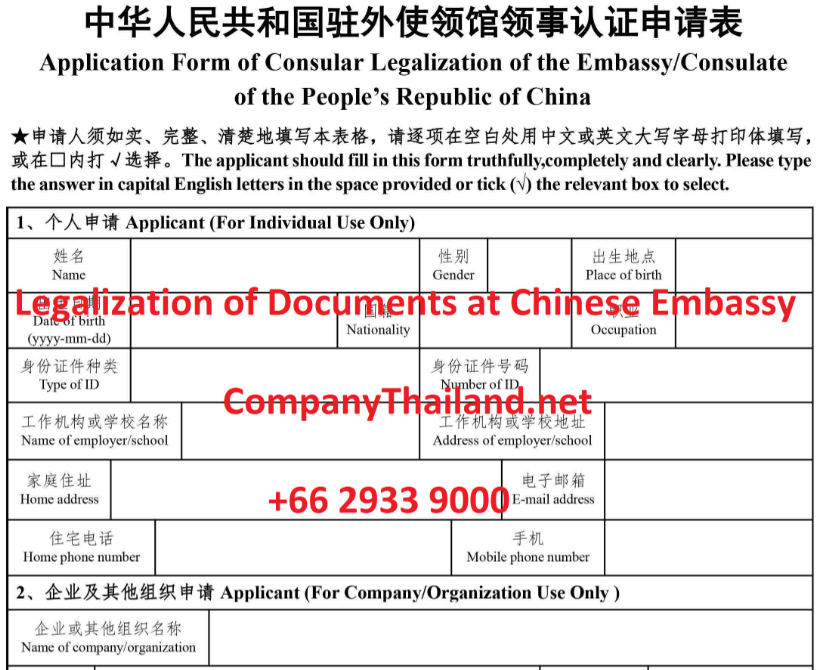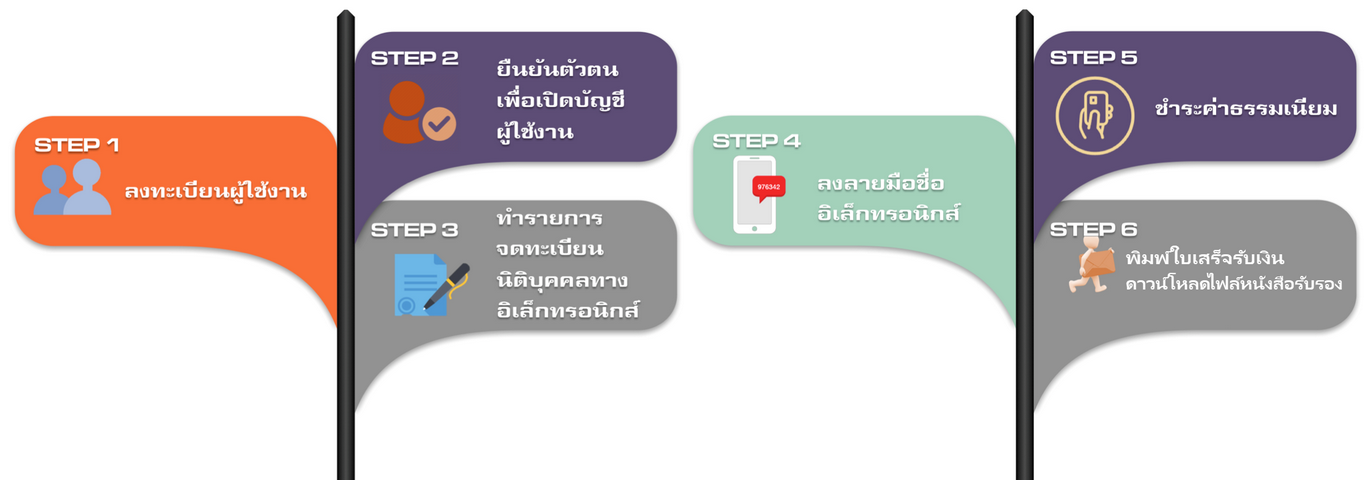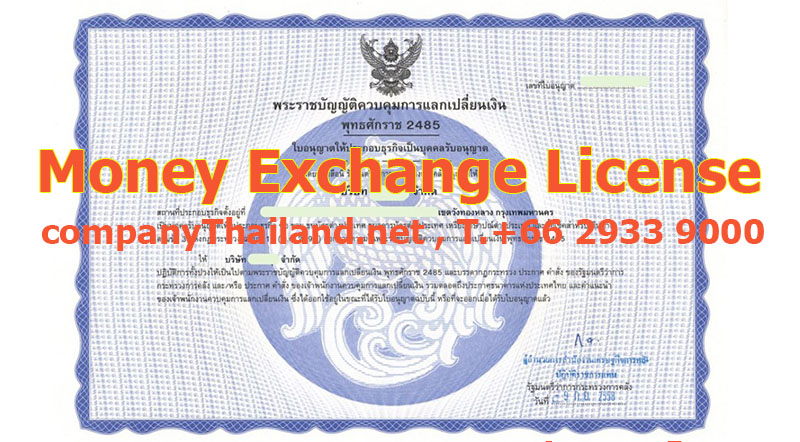by panwa group | Apr 19, 2023 | 3.Accounting-Tax
In Thailand, there is no specific license required for ecommerce businesses. However, ecommerce businesses must comply with various regulations and laws related to online transactions, consumer protection, and data protection. Here are some requirements that ecommerce...
by panwa group | Apr 19, 2023 | 3.Accounting-Tax
Thailand offers several investment incentives to both domestic and foreign investors to encourage economic growth and development. Here are some of the main investment incentives available in Thailand: Tax incentives: Thailand offers various tax incentives to...
by panwa group | Apr 18, 2023 | 3.Accounting-Tax
Garnishment of wages is a legal process in which a court orders an employer to withhold a portion of an employee’s wages and remit them directly to a creditor or government agency. In the context of tax enforcement in Thailand, garnishment of wages may be used...
by panwa group | Apr 18, 2023 | 3.Accounting-Tax
If a taxpayer fails to file a tax return in Thailand, the Thai Revenue Department may impose penalties and take other enforcement actions to encourage compliance with tax laws and regulations. The specific penalties and enforcement actions may vary depending on the...

by panwa group | Apr 18, 2023 | 3.Accounting-Tax
__3TIN_Enquiry_2024-AprThailand Tax Identification Number (TIN) for foreigner – How to get TIN. In Thailand, foreign individual is required to obtain a Tax Identification Number (TIN) before they can pay personal income tax. This TIN is a unique identifier...
by panwa group | Apr 18, 2023 | 3.Accounting-Tax
The Thai Revenue Department is the government agency responsible for administering the tax laws and collecting taxes in Thailand. Its primary responsibilities include assessing and collecting taxes, enforcing tax laws, and providing taxpayer services and assistance....











